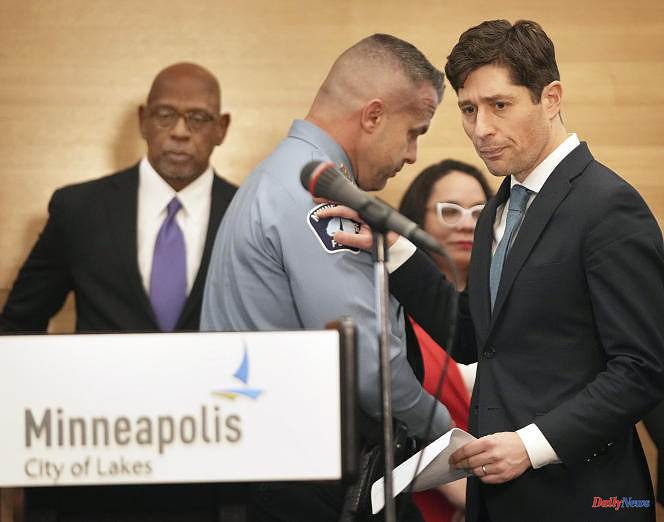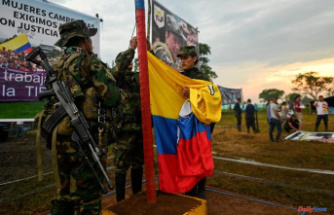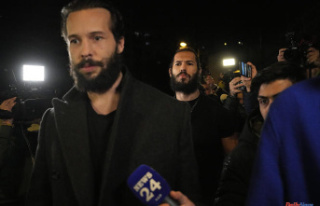Almost three years after the death of George Floyd, the Minneapolis police are continuing their soul-searching. The city of this northern American state announced on Friday March 31 a plan to reform its law enforcement agencies, which had been strongly criticized for their discriminatory methods and practices after the fatal arrest of this African-American.
An investigation was launched by the Minnesota human rights agency shortly after Derek Chauvin, a white police officer, knelt on George Floyd's neck for more than nine minutes on May 25, 2020. ignoring the pleas of the black man who said he couldn't breathe. The death of the 40-year-old, whose ordeal had been filmed by a passerby, had provoked demonstrations across the country, and around the world, under the slogan "Black Lives Matter" (Black lives matter).
Derek Chauvin has been found guilty of murder. He and three other officers present at the scene of the arrest are serving prison sentences. The investigation concluded last year that the drama was part of a context of widespread "racial discrimination" within the Minneapolis police force, and led to an overhaul of the latter.
"Today we confront our past and move forward with a roadmap to enact meaningful change in our city," said Minneapolis Mayor Jacob Frey, who signed the reform plan with Minnesota Human Rights Commissioner Rebecca Lucero. "Our primary goal is to build a better and fairer approach to policing and public safety in Minneapolis," he added.
"Change won't happen overnight either"
The settlement, which was negotiated between the city and Minnesota Human Rights Services, is set to go into effect as soon as a court approves it.
“We didn't get here overnight, nor will change happen overnight,” Frey warned. “This problem that we now face has been in place for many generations, in many jurisdictions (…) and it is clear that our black communities have paid the price,” he explained.
The more than 140-page text notably provides that the police no longer stop vehicles for certain minor violations (often used in the past as a pretext) and that force is only used if "necessary", in a manner "proportionate to the perceived threat", and never "to punish or retaliate".
Taser-type stun guns, on the other hand, should only be used if the police have a reason to make an arrest and if it is necessary to "protect the officer, the individual or a third party".
"This agreement serves as a model for how cities, police departments, and community members across the country can work together to combat racially-based policing, and to strengthen the public safety,” said Rebecca Lucero.












